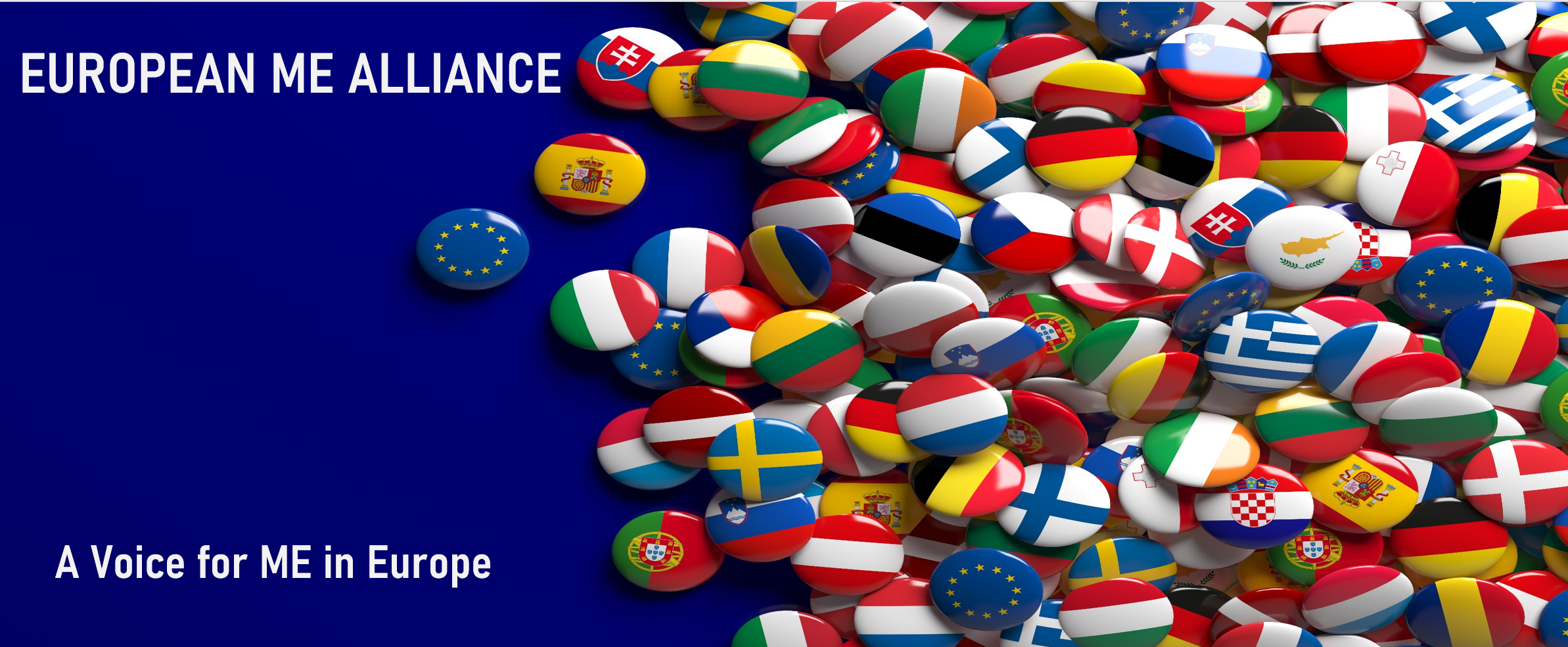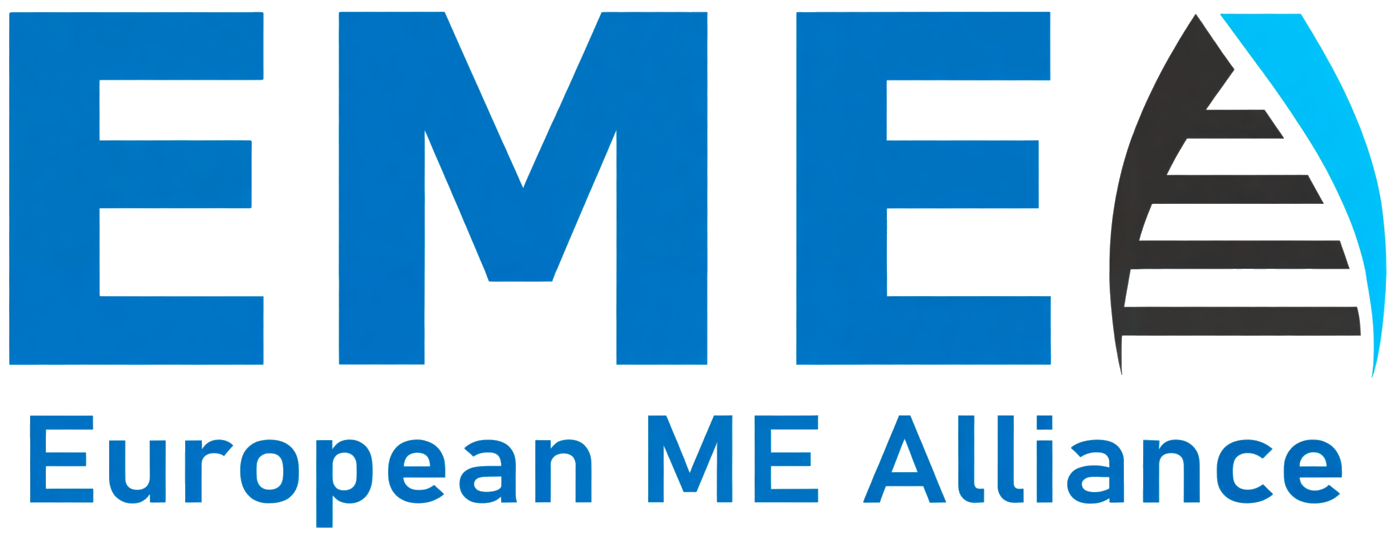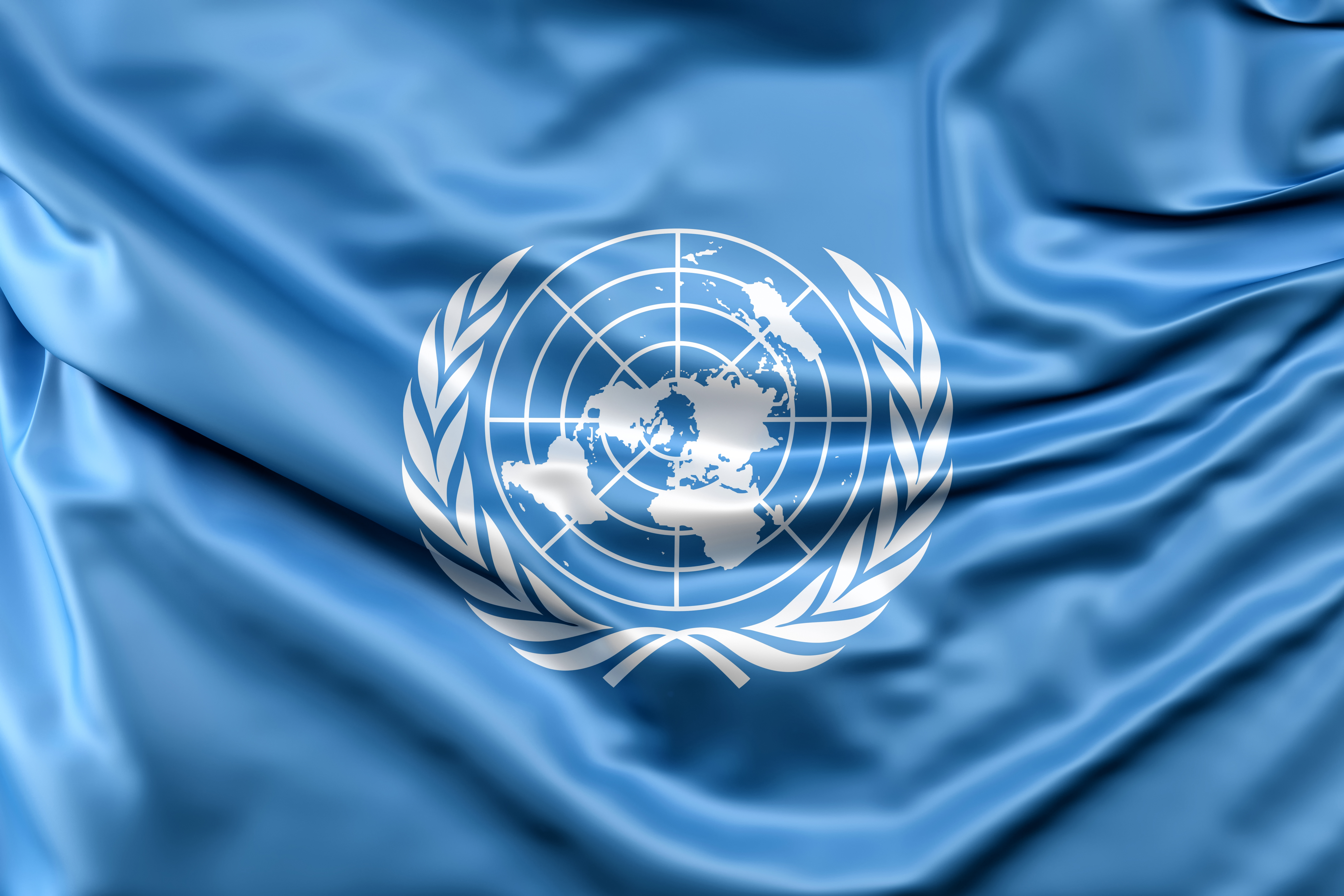European ME Alliance Co-signs Statement to United Nations
The European ME Alliance (EMEA), together with over 60 other organizations, has co-signed a statement to the United Nations urging its 193 Member States to implement specific actions on achieving health equity for persons with disabilities and older people in order to fulfill Member States’ commitments, outlined in the United Nations Political Declaration on Universal Health Coverage adopted on 21 September 2023.

The paragraphs of the Political Declaration that specifically mention persons with disabilities are:
- 1. Paragraph 37. Increase access to health services for all persons with disabilities, remove physical, attitudinal, social, structural, and financial barriers, provide quality standard of care and scale up efforts for their empowerment and inclusion, noting that persons with disabilities, representing 15% of the global population, continue to experience unmet health needs;
- 2. Paragraph 61. Develop, improve, and make available evidence-based training that is sensitive to different cultures and the specific needs of women, children and persons with disabilities, skills enhancement and education of health workers, including midwives and community health workers, as well as promote a continued education and life-long learning agenda and expand community-based health education and training in order to provide quality care for people throughout the life course;
- 3. Paragraph 70. Ensure that no one is left behind, with an endeavour to reach the furthest behind first, founded on the dignity of the human person and reflecting the principles of equality and non-discrimination, as 10 well as to empower those who are vulnerable or in vulnerable situations and address their physical and mental health needs which are reflected in the 2030 Agenda for Sustainable Development, including all children, youth, persons with disabilities, people living with HIV/AIDS, older persons, indigenous peoples, refugees and internally displaced persons and migrants;

The joint statement that EMEA supported was led by the International Disability Alliance and the International Development and Disability Consortium calls on the 193 UN Member States specifically to:
- 1. Implement the recommendations of the WHO Global Report on Health Equity for Persons with Disabilities and accelerate action to achieve the ambitions of the UN Decade of Healthy Ageing.
- 2. Promote a human rights-based approach to health and Universal Health Coverage, ensuring non-discrimination, progressive universalism, and inclusive health financing and governance, with the full participation of persons with disabilities and older people at all levels.
- 3. Ensure the availability, accessibility, acceptability and quality of person-centred primary health care close to where people live and reaching the furthest behind first.
- 4. Ensure that essential service packages enable persons with disabilities and older people to enjoy their right to the health-related goods, facilities, services and information they need across the continuum of care, throughout the life course and on an equal basis with others. This must include improved coverage and accessibility of mental health services, sexual and reproductive health services; health information; nutrition services; vision and hearing services; oral and skin health services; dementia services; neglected tropical diseases and wider communicable and noncommunicable disease prevention and care; immunization; rehabilitation and assistive products; palliative and end of life care; and integrated, long-term and rights-based care and support within the community.
- 5. Prioritize the access, inclusion and rights of persons with disabilities of all ages who are at higher risk of intersecting forms of discrimination and disadvantage and most exposed to negative social determinants of health. This must include action to identify, include and fulfil the right to health for women and girls, children and older people with disabilities, those living in poverty, and those who are displaced or in remote or insecure contexts.
- 6. Ensure equity, inclusion, meaningful participation and the protection and rights of persons with disabilities and older people in health emergencies, pandemics, humanitarian crises and disaster preparedness, response and recovery, including their right to health and continuous access to services and products.
- 7. Develop competencies for disability and age inclusion for the health and care workforce and provide training for all service providers.
- 8. Ensure systematic collection, analysis, reporting and use of health and care-related data disaggregated by gender, age and disability, alongside other characteristics, to inform equity-based decision-making.
Universal Health Coverage
means leaving no one behind and providing every person the healthcare that they need in a timely and affordable manner.
It is an overarching goal of the 2030 United Nations Sustainable Development Goals,
because the right to best attainable
standard of health is a fundamental human right as
stated in the United
Nations Declaration on Human Rights and the WHO
Constitution.
EMEA was pleased to co-sign this statement because ME/CFS is an extreme and severely disabling illness that is
estimated to leave approximately 25%
of those affected with the disease bed-bound at some stage of their illness, while others sadly resort to committing suicide
because their situation is painful, unbearable, and seemingly hopeless.
It is the hope of the European ME Alliance that, as governments work towards achieving Universal Health Coverage by 2030, no ME/CFS patient will be left behind and all of them will receive an accurate and timely diagnosis and the care and support that they so urgently need and deserve.

Read More
Last Update: September 2023


